A 'crime of passion' that India never forgot
Mon 15 May 2017, 19:05:24
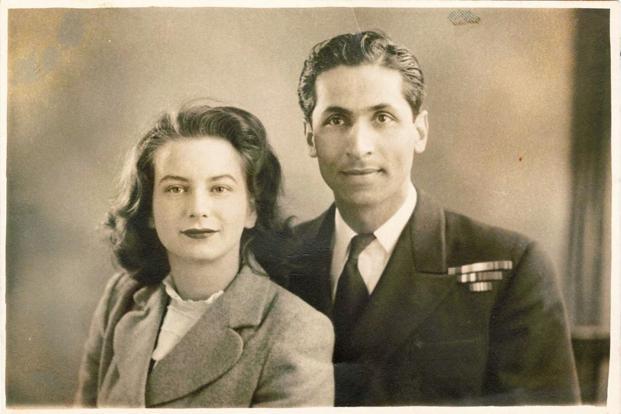
On the sultry afternoon of 27 April 1959, in a posh Bombay (now Mumbai) neighbourhood, a decorated Indian naval officer entered the bedroom of his English wife's lover and shot him dead.
Commander Kawas Maneckshaw Nanavati shot Prem Ahuja, a businessman, with a gun taken from his ship, and then went to the police station to confess his crime.
His high-profile trial captured the public imagination.
Swooning women threw lipstick-kissed currency notes at the navy officer as he arrived each day for the trial in full dress uniform, accompanied by a flashing naval escort.
Frenzied supporters of the officer shouted "Sit Down!" and "Shut Up!" to prosecution witnesses. Crowds packed the surrounding streets, on occasion needing the riot police.
The Nanavati trial
27 April 1959: Kawas Nanavati is arrested for shooting dead Prem Ahuja in Bombay
23 Sept 1959: A trial court jury acquits Nanavati. Verdict declared "perverse" by judge and referred to the Bombay High Court
11 March 1959: Bombay High Court finds Nanavati guilty of murdering Ahuja and sentences him to life in prison
Within four hours, the governor of Bombay state issues unprecedented order suspending the sentence until Nanavati's appeal to the Supreme Court is disposed of
5 Sept 1960: The Supreme Court concludes that the governor "overreached" his powers and strikes down his suspension of Nanavati's sentence
8 Sept 1960: Nanavati is transferred from naval custody to a civilian prison
Oct 1963: Nanavati gets parole on health grounds and is moved to a bungalow at a hill resort
16 Mar 1964: Nanavati is pardoned by the governor of the new Maharashtra state, Vijaylakshmi Pandit
1968: Nanavati and his family - wife and three children - emigrate to Canada
Inside the court, the prosecution argued that Mr Ahuja had just emerged from his bath, with only a towel round his waist, when he was shot. The defence said the gun went off accidentally during a scuffle between the two men.
But the prosecution pointedly asked how the towel could have remained securely in place when Mr Ahuja was found dead on the floor.
Outside the court, street hawkers peddled toy guns and real towels, shouting in Hindi, "Nanavati ka pistoll! Bang, bang, bang!! Ahuja ka towliya! Marega toh bhi nahin girega!!" (Nanavati's pistol! Ahuja's towel! It won't drop off even if you drop dead.)
Was Aarushi Talwar murder verdict a miscarriage of justice?
No kissing please, we are Indians
The trial of India's first upper-class "crime of passion" - a gripping tale of love and honour - had enough twists and turns, leading to an unexpected pardon for the naval officer. It also turned out to be India's last trial by jury.
Blitz front page
Image caption
The case became a heady mix of morality, patriotism and communal pride
For one, the defence, a collection of the city's top lawyers, portrayed the accused as a hero and the victim as a villain.
They said Nanavati was a senior naval officer who was out at sea for months on end in the service of his country, leaving his
wife "lonely and vulnerable".
wife "lonely and vulnerable".
They painted Mr Ahuja as a rich businessman with no commitment to either morality or nationalism. An alleged affair with the wife of a naval officer was not only immoral but almost anti-national, the defence argued.
It also helped the defence case that Nanavati was a Parsi, one of the Zoroastrians of India, a wealthy business community that had created jobs and contributed public institutions to Bombay. The community's image was one of high-mindedness, integrity and unbounded philanthropy.
Heady mix
Mr Ahuja, in contrast, was a Sindhi, a community of Partition refugees, and was portrayed by the defence and the tabloid media as one interested only in making money by fair means or foul. The defence also pointed to liquor found in his house in what was then a prohibition-era Bombay and the love letters of other women, to suggest a libertine character.
So the case became a heady mix of morality, patriotism and communal pride and prejudice.
It was also the subject of several Bollywood films, books and even a PhD thesis.
The case led the Supreme Court to take another look at the constitutional laws defining the powers of the governor - the state's governor had issued an unprecedented order suspending the guilty sentence passed by the high court, which was later overturned by the Supreme Court.
Most importantly, the case wrote the death warrant of jury trials in India.
The Nanavatis (circa 1915): Standing (top row): Dhunjishaw (extreme left) and Sohrab (extreme right). Sitting (middle row) from left: Kawas’s grandparents, Manekshaw, and Nusserwanji. The little child standing in the middle, between Kawas’s grandmother and Manekshaw, is Rustam Nanavati.
Image caption
The Nanavatis were part of a thriving community of Parsis in Mumbai
Without giving any reason, the nine-member jury had found Nanavati innocent. The judge declared the verdict "perverse" because, in his view, all the admissible evidence produced pointed to the officer's guilt.
There were scathing editorials in the newspapers, which also reported a "furore in parliament" questioning the bypassing of the judicial process to "favour a man with influential friends".
Four months later, facing criticism, the government ended jury trials, or what is called "lay justice".
Nanavati was sent to prison in September 1960. He was granted parole on health grounds in October 1963 and allowed to live in a bungalow in the hill resort of Lonavala. This is where he was given news of his pardon in March 1964.
Mythic status
The new state governor Vijaylakshmi Pandit pardoned Nanavati on the basis of a mercy petition and in "view of the circumstances of the case".
Four years later, Nanavati and his family left Mumbai and emigrated to Canada where he died in 2003, a venerated elder of Ontario's flourishing Zoroastrian diaspora. Sylvia remains the loving mother and a doting grandmother.
Every subsequent decade has seen high-profile "celebrity crimes" triggered by romantic passion or prosaic greed. None did, or can, reach the mythic status of the Nanavati saga.
No Comments For This Post, Be first to write a Comment.
Most viewed from Specials
Most viewed from World
AIMIM News
Latest Urdu News
Most Viewed
May 26, 2020
Should there be an India-Pakistan cricket match or not?
Latest Videos View All
Like Us
Home
About Us
Advertise With Us
All Polls
Epaper Archives
Privacy Policy
Contact Us
Download Etemaad App
© 2026 Etemaad Daily News, All Rights Reserved.


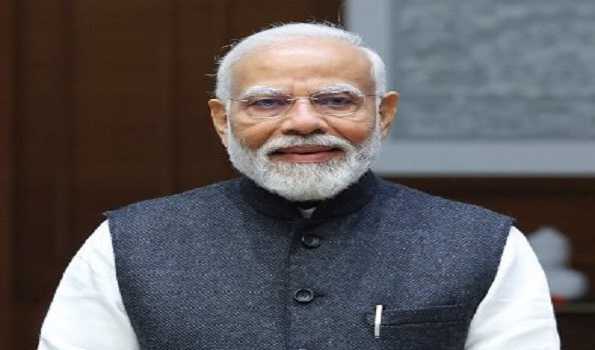
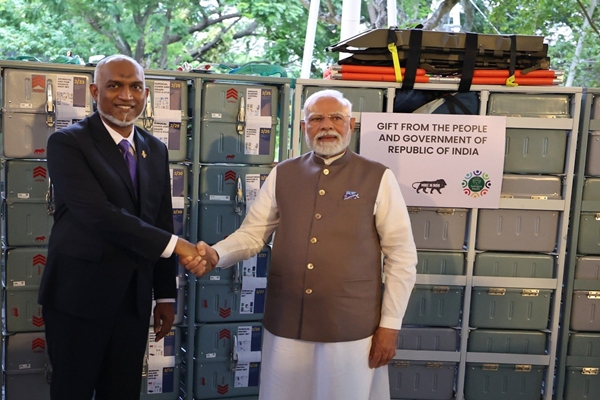
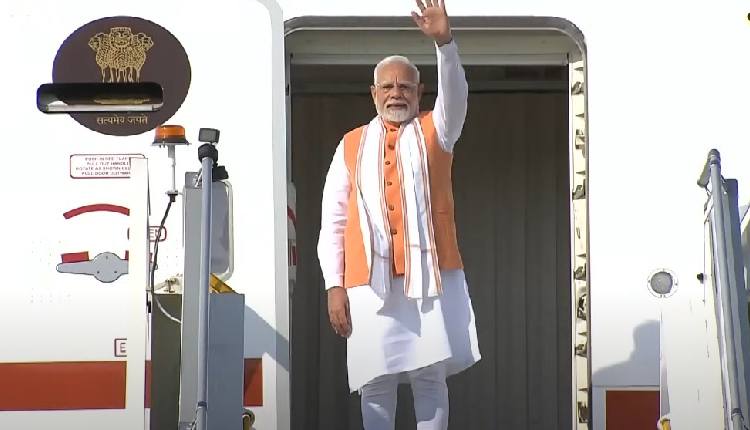
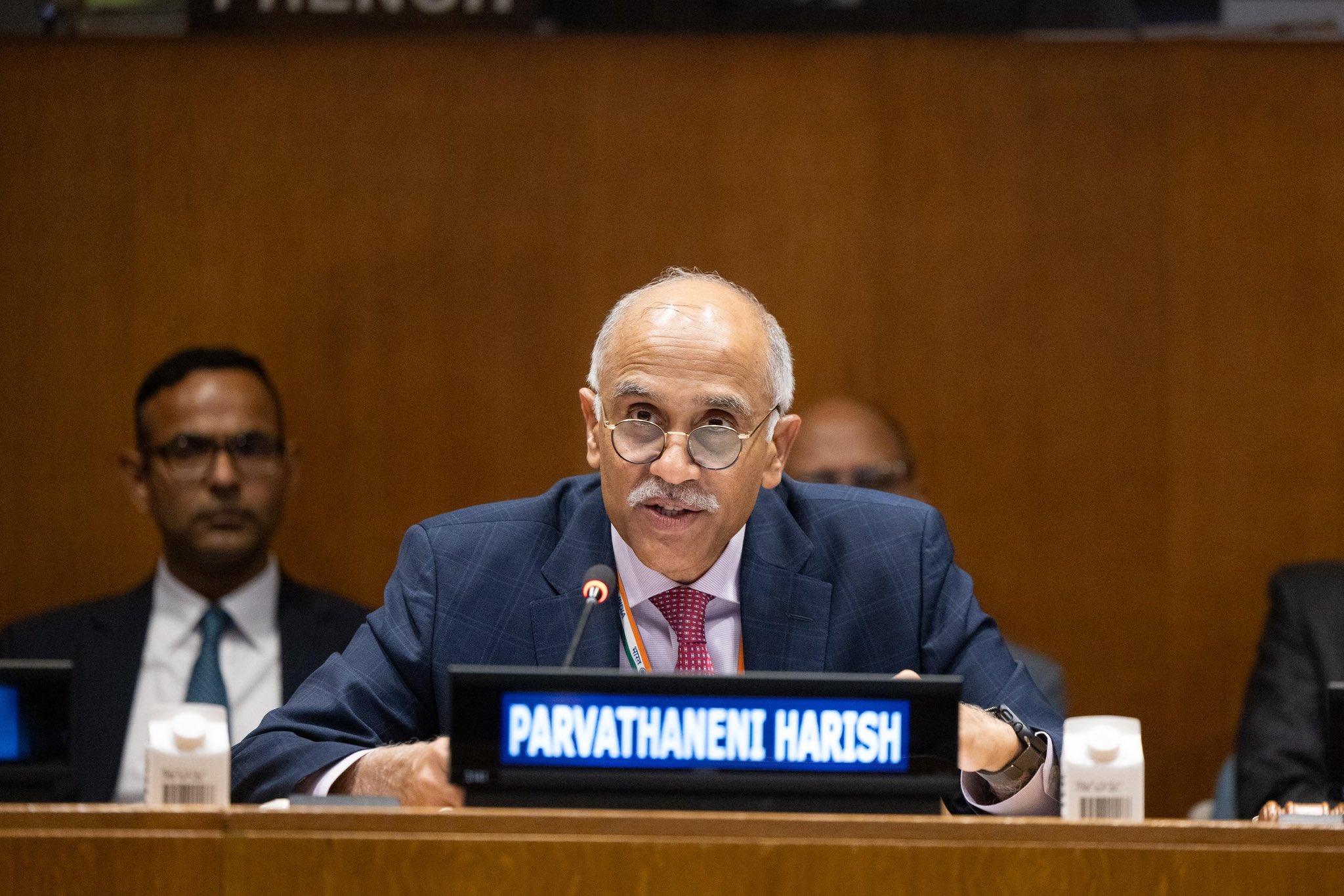
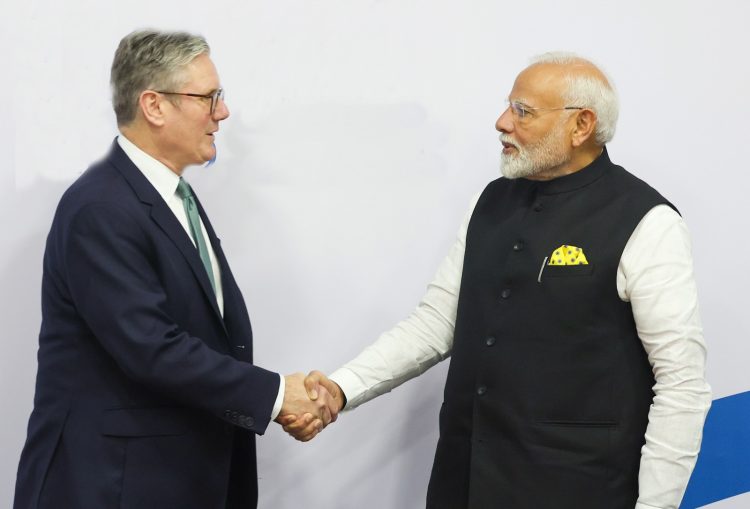
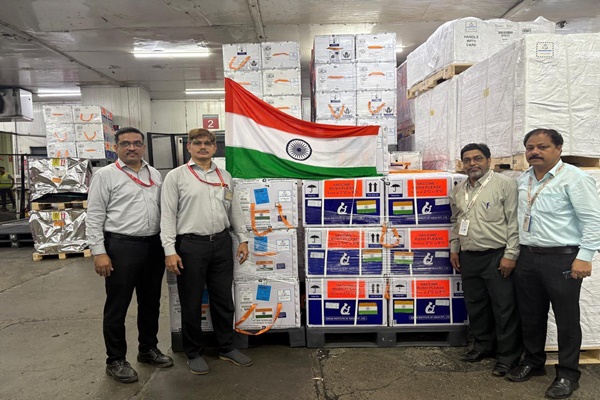
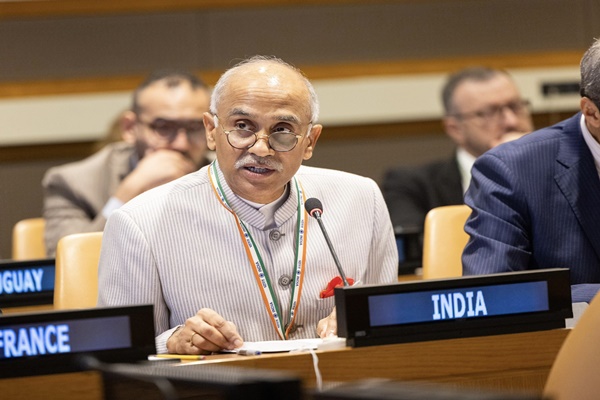
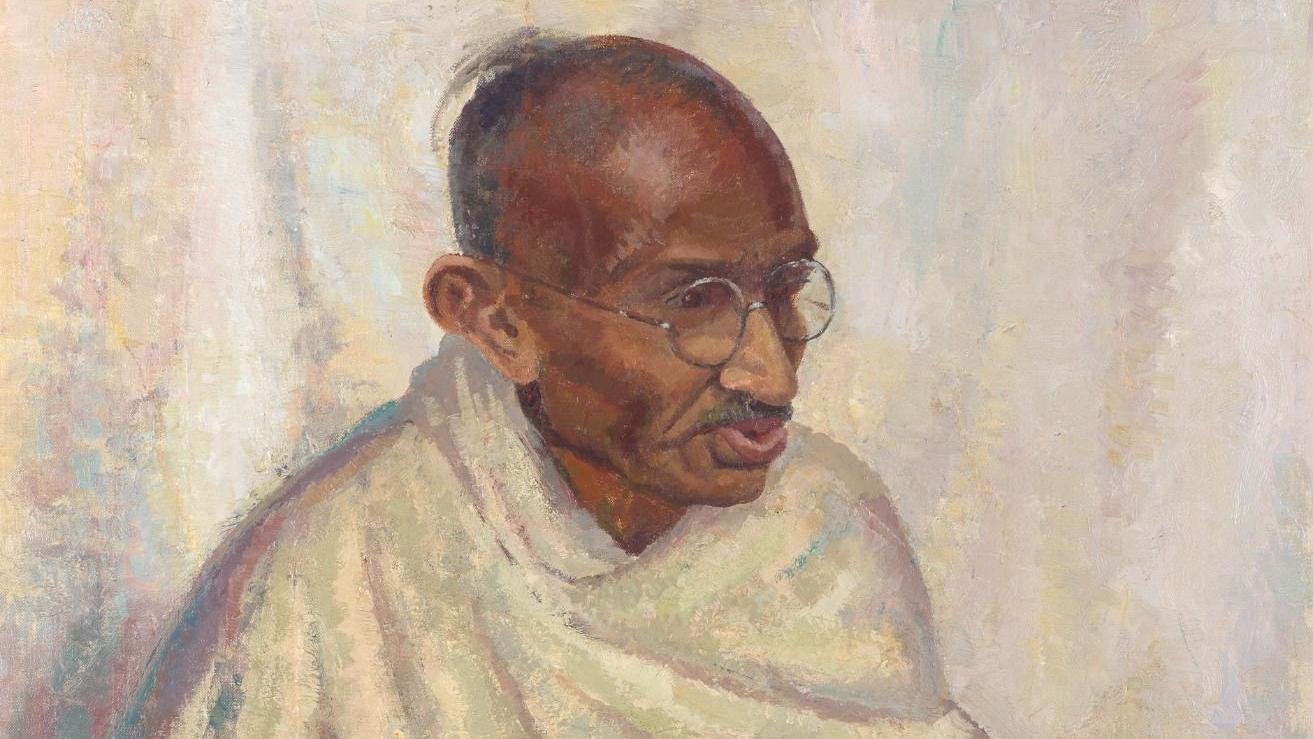
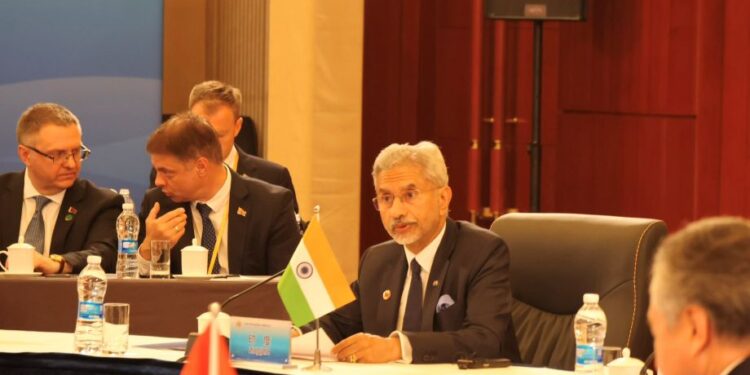
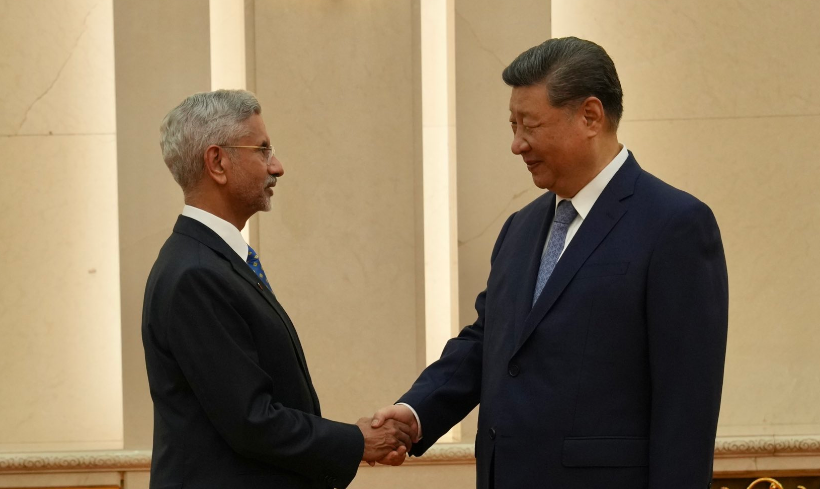

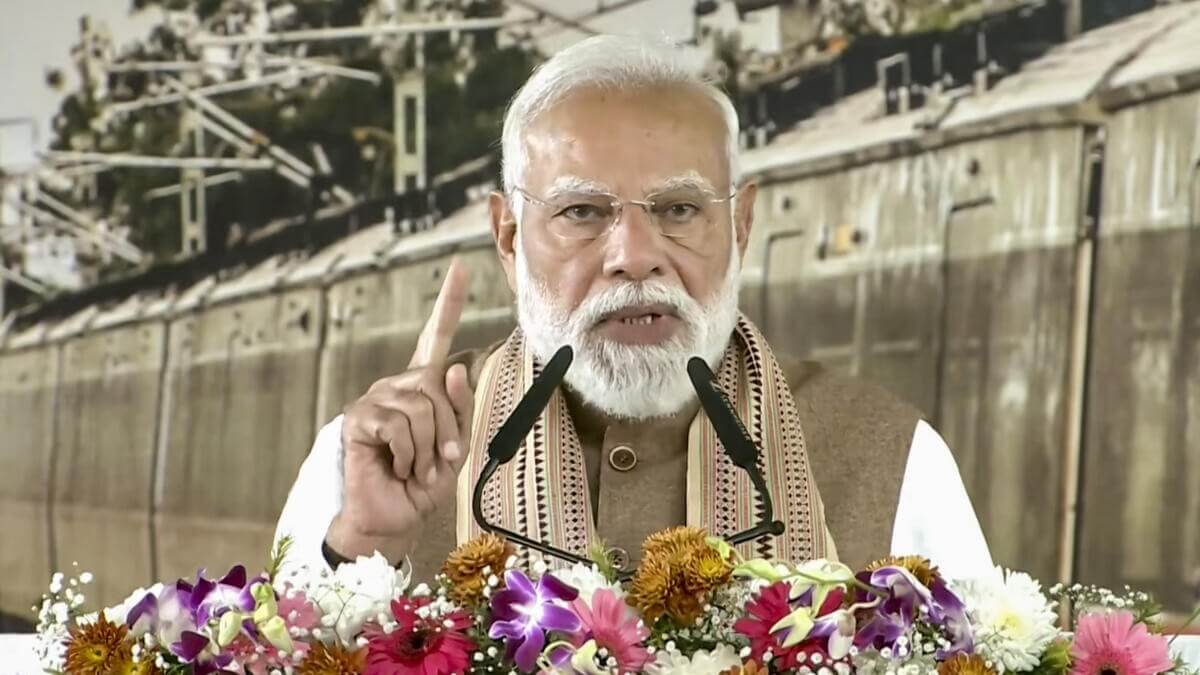


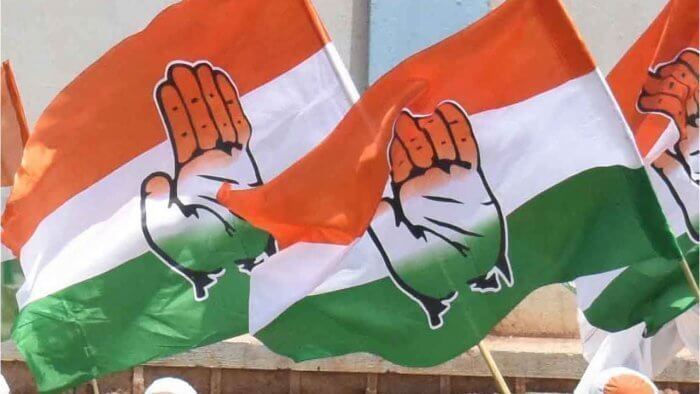

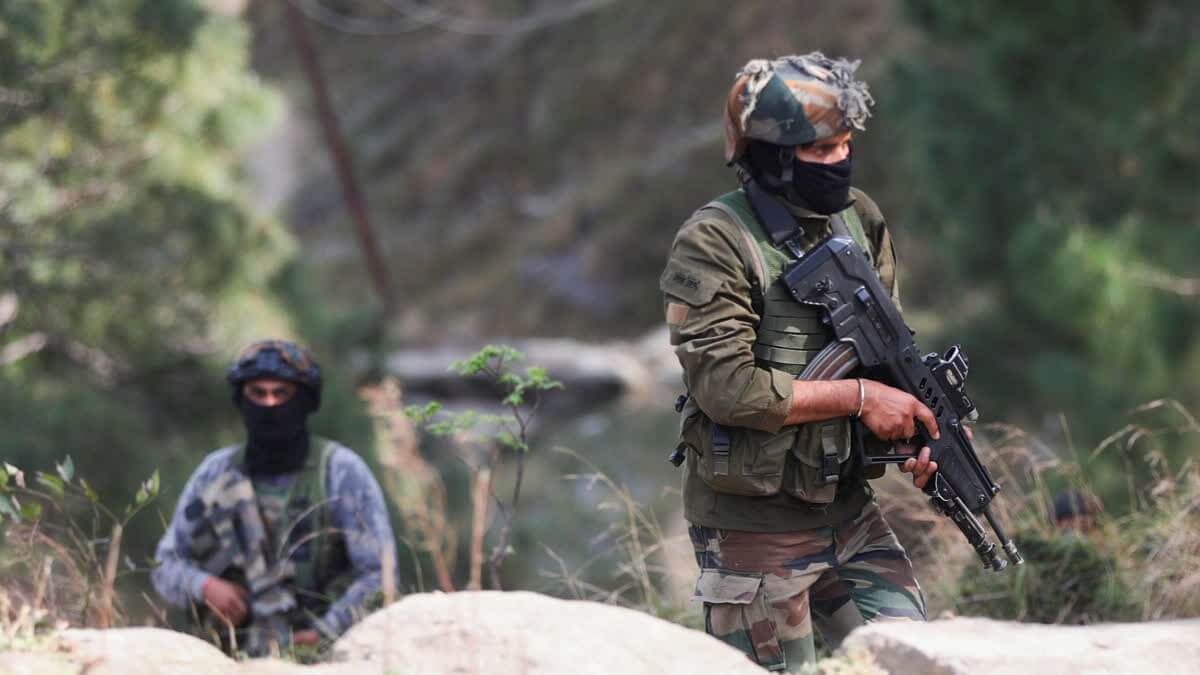
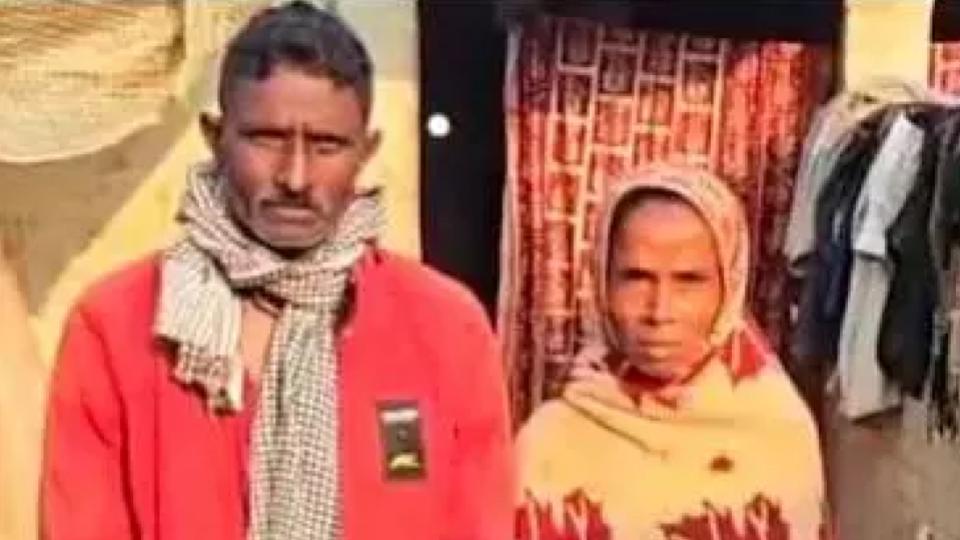
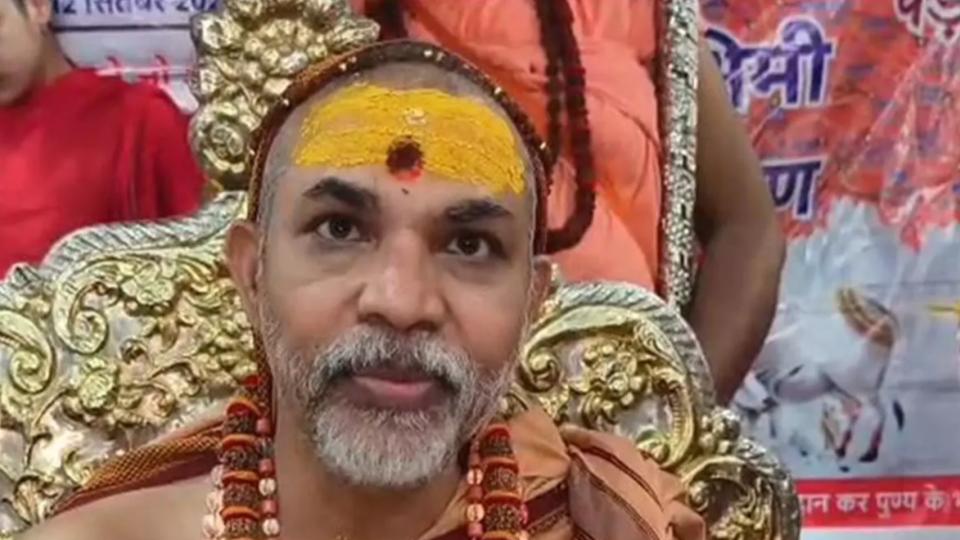
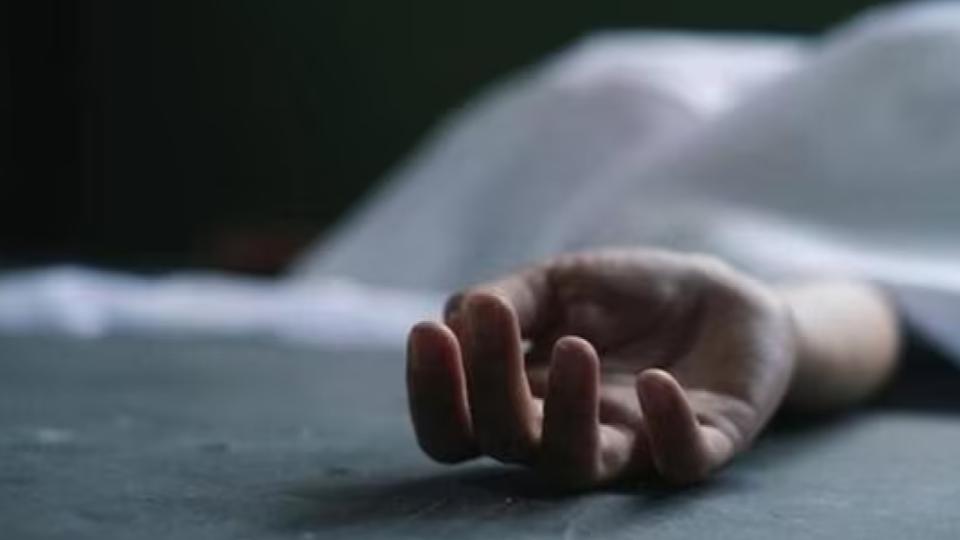
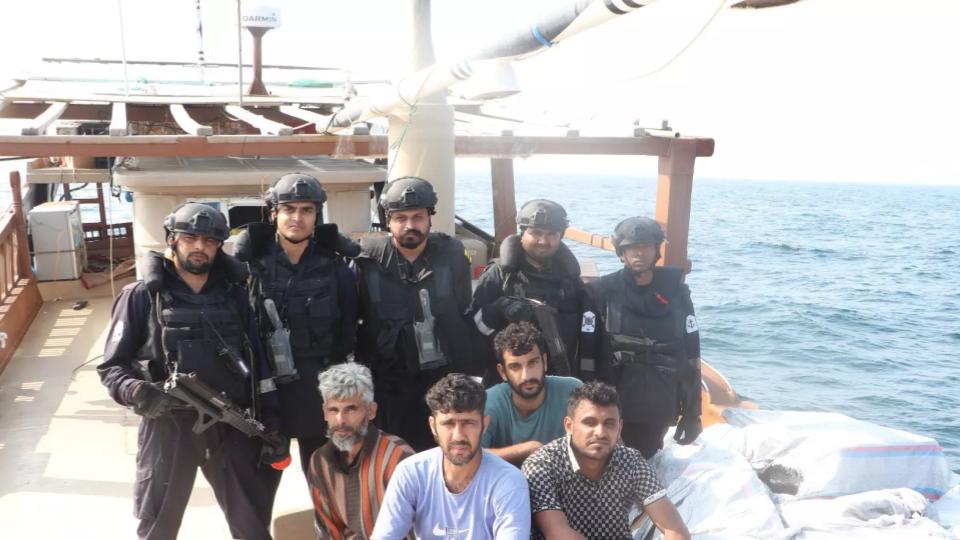
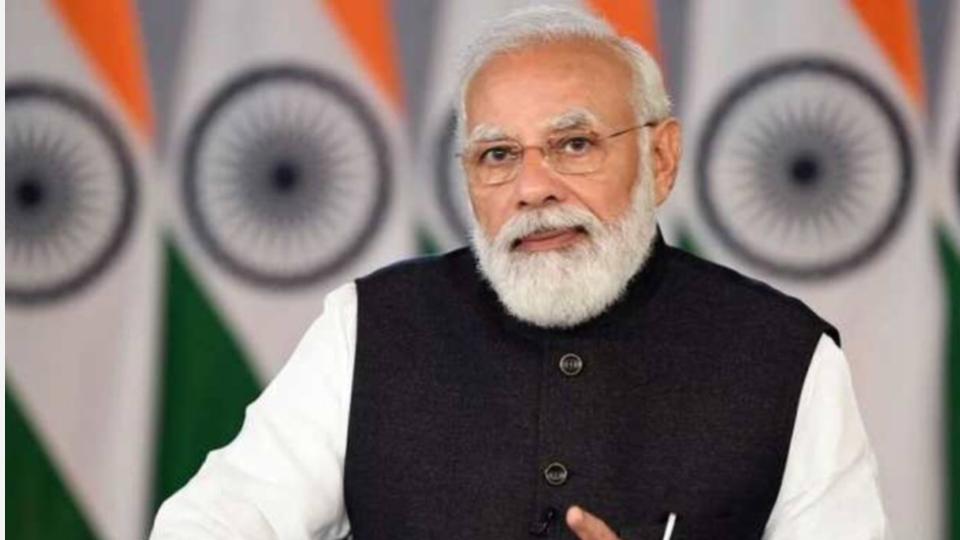













.jpg)
.jpg)
.jpg)


